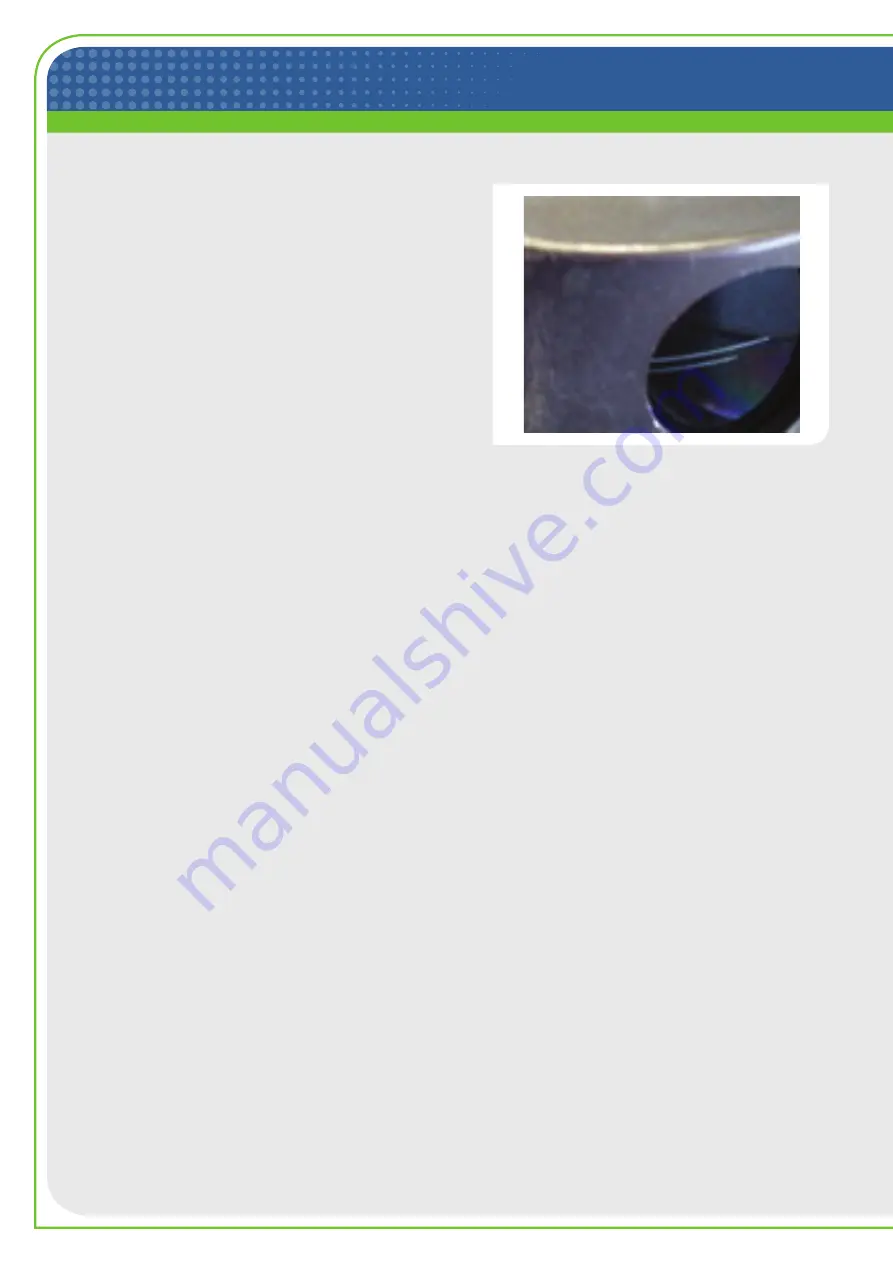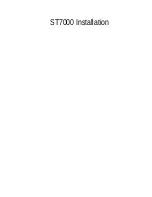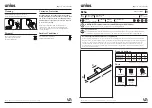
Power Window damage (Laser)
Damage to the power window can occur at levels
below the damage threshold for the slit aperture,
specifically for the P75 Wratten Filter option, which has
been discontinued as a product offering.
detector damage (Laser)
Detectors can be damaged if the slit aperture is cut or
burned through and the detector is directly exposed.
This damage is avoided by adhering to the guidelines
for slit protection.
circuit and encoder damage (Laser)
Failure of the NanoScan circuitry and the optical
encoder can occur when the scanhead is exposed to
high average power which causes the entire scanhead
to heat. For example, exposure to 180Watts for only a
minute or so can heat the drum to temperatures that
cause warping of the encoder disc and catastrophic
failure. This type of damage is avoided by using only
short exposure times depending on the laser average
power level. Safe operating time depends on the power
as well as the slit material and laser wavelength. Table 4
gives safe operating times for different conditions.
Motor damage (Mechanical)
Typically motor damage is due to dropping the scanhead,
which results in a bent motor shaft and consequent
catastrophic failure. This type of damage can also occur
during shipping if the scanhead is not packaged properly.
To avoid this type of damage, do not drop the scanhead,
and use at least 2” of rigid foam material or equivalent
packaging if the system is shipped.
cable (Mechanical)
The signal cable can be damaged due to bending the
cable to too tight a radius, or from repetitive bending
when the scanhead undergoes repetitive motion.
cable (Laser)
The cable can be severed by a high power laser when
accidentally exposed to high power/energy lasers. This
type of damage is avoided by careful routing of the cable.
out of tolerance conditions
Out-of-tolerance conditions are of two main types: either
system related or use related.
Operation related problems are due to using a scanhead
that is inappropriate for the specific application.
Examples include using a Silicon detector to measure
a 1550nm source, measuring a 10µm spot with a 25µm
slit, or measuring 100µm spot at 1064nm with a Si
detector. These conditions are remedied by the use of
the proper scanhead, which should have been the one
specified at the time of purchase. However, many times
scanheads are then used in other situations, and that is
where problems can arise.
System related problems include items such as
ScanHead EEPROM Communication, Motor Quiescent
Voltage, Motor Speed, and Baseline Offset Voltage.
System related conditions are diagnosed in the software
during system startup, and if encountered the system
will not start and an error message is displayed. There
is nothing that can be done for these conditions except
returning the system for calibration.
need additional Help?
Here at Ophir-Spiricon we are committed to the
satisfaction of our customers. If you would like to speak
to a representative about any information contained in
this article, about new products, or to optimize your laser
measurement system for accurate, consistent, and highly
repeatable results, please do not hesitate to contact us.
Power Window Damage




























